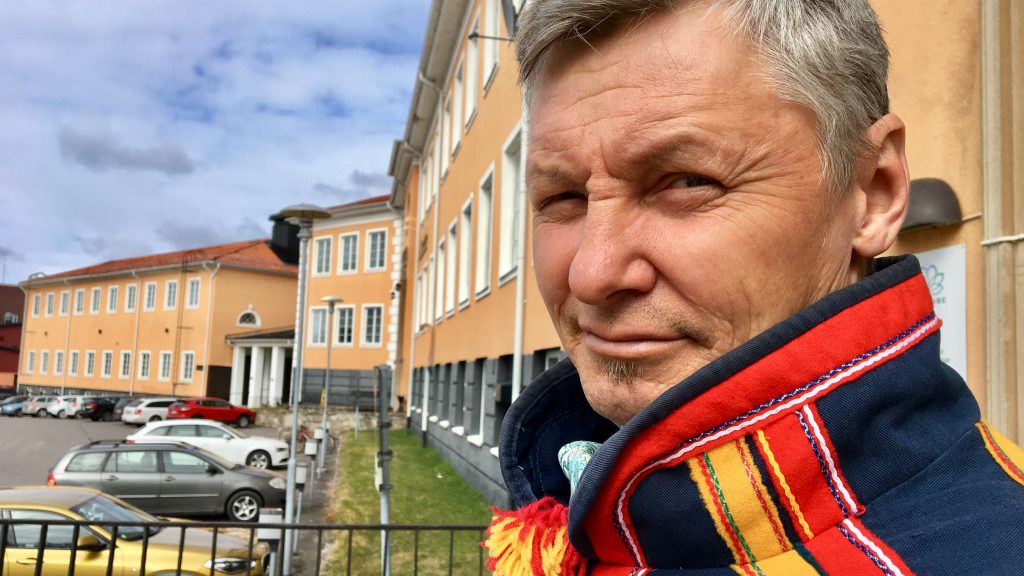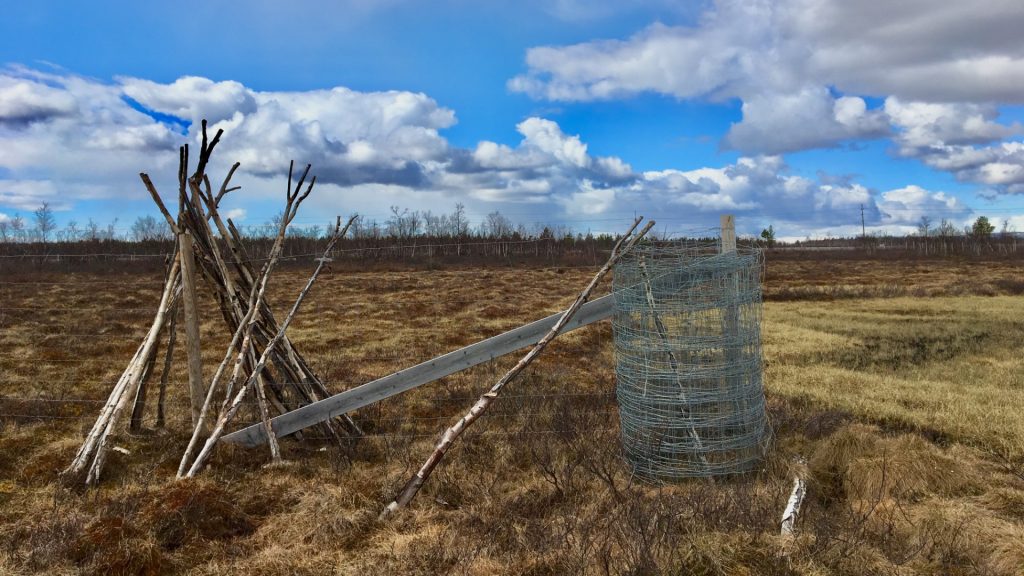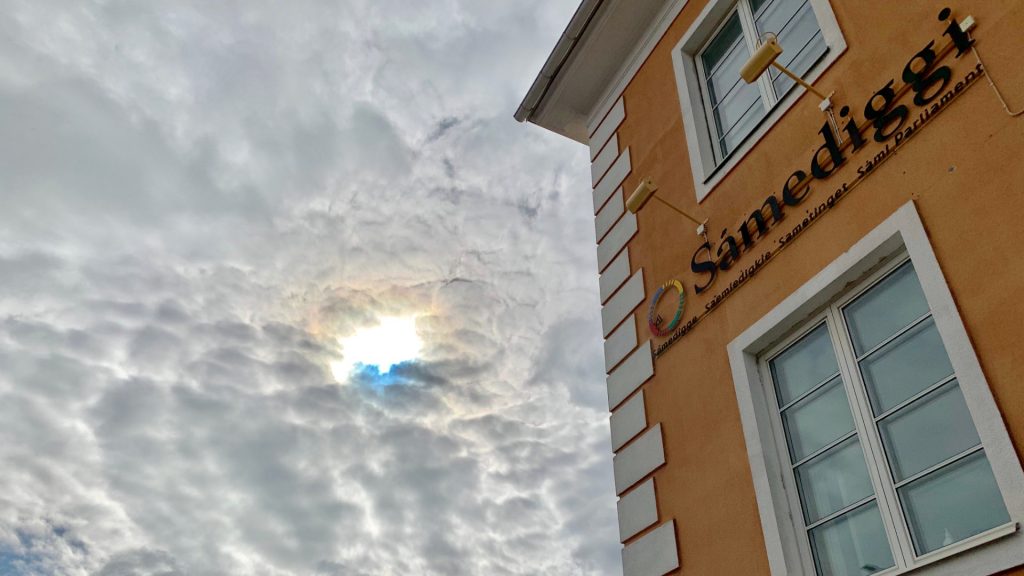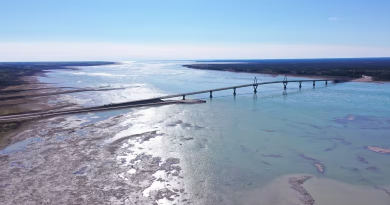EU’s raw materials plan an attack on Indigenous land and culture, says Saami Council

The European Commission’s recent approval of 47 strategic projects aimed at mining and processing raw minerals, has been condemned as a significant violation of Indigenous rights, according to the president of the NGO representing the international Sámi community.
The mining projects Talga Graphite in Nunasvaara, LKAB ReeMap in Malmberget, and LKAB Per Geijer in Kiruna, all located in Arctic Sweden, part of the traditional Saami homeland.
“The EU is promoting the exploitation of minerals that contribute to human rights abuses within the EU,” Per-Olof Nutti, president of the Saami Council said in a statement.
“This is a direct violation of our rights as the only recognized Indigenous People within the EU.”
Critical to defence, green transition, commission says
The Commission said that these projects are essential to strengthening Europe’s raw materials supply chain and reducing dependency on a small number of countries or suppliers.
“These projects were selected as they contribute to the EU’s secure supply of strategic raw materials, adhere to environmental, social and governance criteria and are technically feasible,” the commission said it its March 24 announcement. “In addition, the selected projects have also demonstrated clear cross-border benefits for the EU.”

Amid geopolitical instability caused by Russia’s invasion of Ukraine, the EU, once reliant on third countries for raw materials, enacted the Critical Raw Materials Act (CRMA) on May 23, 2024, to reduce supply chain vulnerabilities.
“We must increase our own production, diversify our external supply, and make stockpiles,” Stéphane Séjourné, executive vice-president for prosperity and industrial strategy, said. “This is a landmark moment for European sovereignty as an industrial powerhouse.”
Saami Concerns Over Marginalization and Cultural Erosion
However, the Saami Council said there’s been little consideration about how Saami communities will be affected by the projects.

The Saami are traditionally reindeer herders, hunters, and fishers, relying on the land to sustain their culture and livelihood, and to allow their reindeer to migrate between winter and summer pastures. They say the EU’s decision is adding further pressure to their culture and livelihoods, which are already under strain from climate change.
“By fast-tracking these mining projects with an expedited 27-month permitting process, the EU prioritizes resource extraction over our fundamental rights to free, prior, and informed consent,” the NGO said.
“This decision risks bypassing essential environmental safeguards and further marginalizing Saami communities.”
Limited resources to counter industrial expansion
The Saami have long warned that they face a new form of ‘green colonization,’ as southern governments seek critical minerals from the Arctic to address climate change. At the same time, their Arctic cultures are under threat from the very climate changes caused by those southern nations.
The Saami parliaments in the Nordic countries have increasingly raised concerns that, due to their small populations and limited funding, they lack the research and legal staff necessary to address the environmental and cultural impacts of each proposed project, especially as international corporations expand in the region.

“The power imbalance between Saami communities and the corporations driving these mining projects exacerbates the challenges we face,” the NGO said.
“The Saami lack the necessary resources to effectively challenge these projects. Without the financial means or human capacity, our ability to protect our rights and our lands is severely limited, leaving us vulnerable to exploitation by mining companies and governments.”
Nutti urged the Commission to reconsider its decision and ensure that the Saami are granted free, prior, and informed consent.
“The EU, which has long prided itself on being a champion of human rights, must uphold its commitment to protecting Indigenous Peoples’ rights, especially within its own borders,” he said.
“This expectation has been undermined by the EU’s support for projects that threaten the Saami way of life.”
Related stories from around the North:
Canada: Nunavut hunters call for rethink as Baffinland plans 2026 Steensby rail construction, CBC News
Sweden: Swedish developer GRANGEX buys iron ore mine on Norway’s border to Russia, The Independent Barents Observer
United States: Canada and U.S. make co-investment in Fortune Minerals N.W.T. project, The Canadian Press



